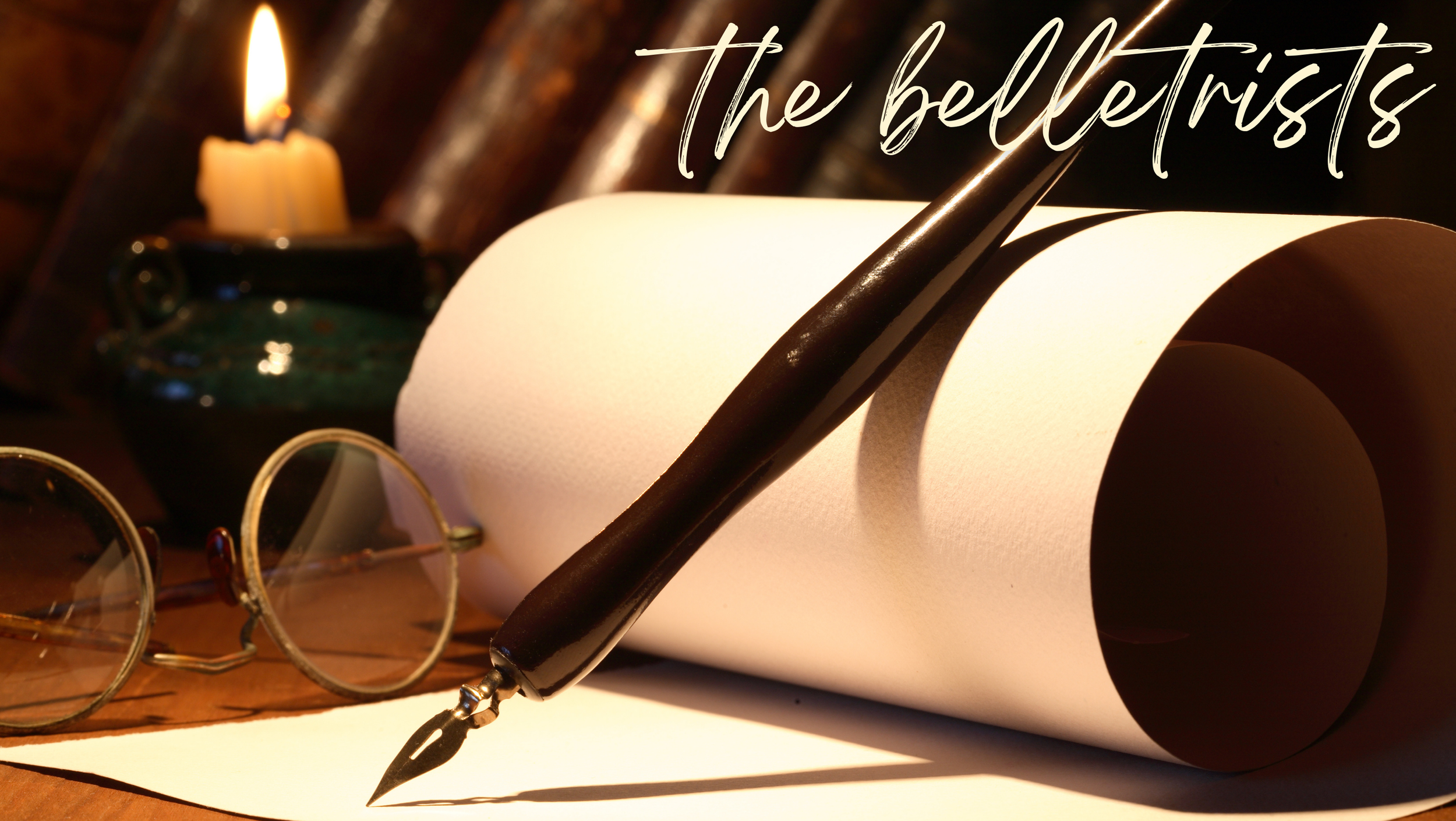Series Curator: Ken Griffiths
We know that song stands out as a unique and divergent form from so many other classical genres - symphonies, opera, instrumental chamber music. And why is that? What is the key that draws us into this intimate, soulful form of musical connection?
It’s the words.
Poetry, in its depth of meaning and sensuality, explores the most human moments one can imagine, from love at first sight, to heartbreak and loss, to frivolous joy, to death and destruction, to social unrest, to admiring nature’s beauty, to inner torment, to hope for better days. Unbound by the restraints of an operatic libretto with a fixed story, poems often allow for myriad interpretations and conclusions by listeners and performers alike. In this sense, poetry (and therefore song) counter best against the common notion that classical genres don’t serve anybody other than the elite and well-educated. If you stumble in to a song concert off the street one day, you’re guaranteed to relate on a personal level to at least one of the poems you hear sung.
In the history of song, the emergence of German romanticism in the late 18th and early 19th centuries fueled poetry brimming with new lyricism, perfectly suited for musical settings. The overarching themes found in Romantic poetry - nature, magic, fantasy, moonlight, longing - offered composers limitless palettes for their songs. In this sense, the poetry inspired the musical creativity that spurred the song genre forward in these early stages of its life. Massive figureheads of this poetic era include Johann Wolfgang von Goethe, Heinrich Heine, Joseph von Eichendorff, Friedrich Rückert, and Eduard Möricke, to name a few.
In 2021, CSI launches its first major German-language series, centering each concert around the works of several of these seminal wordsmiths over the course of four seasons.

